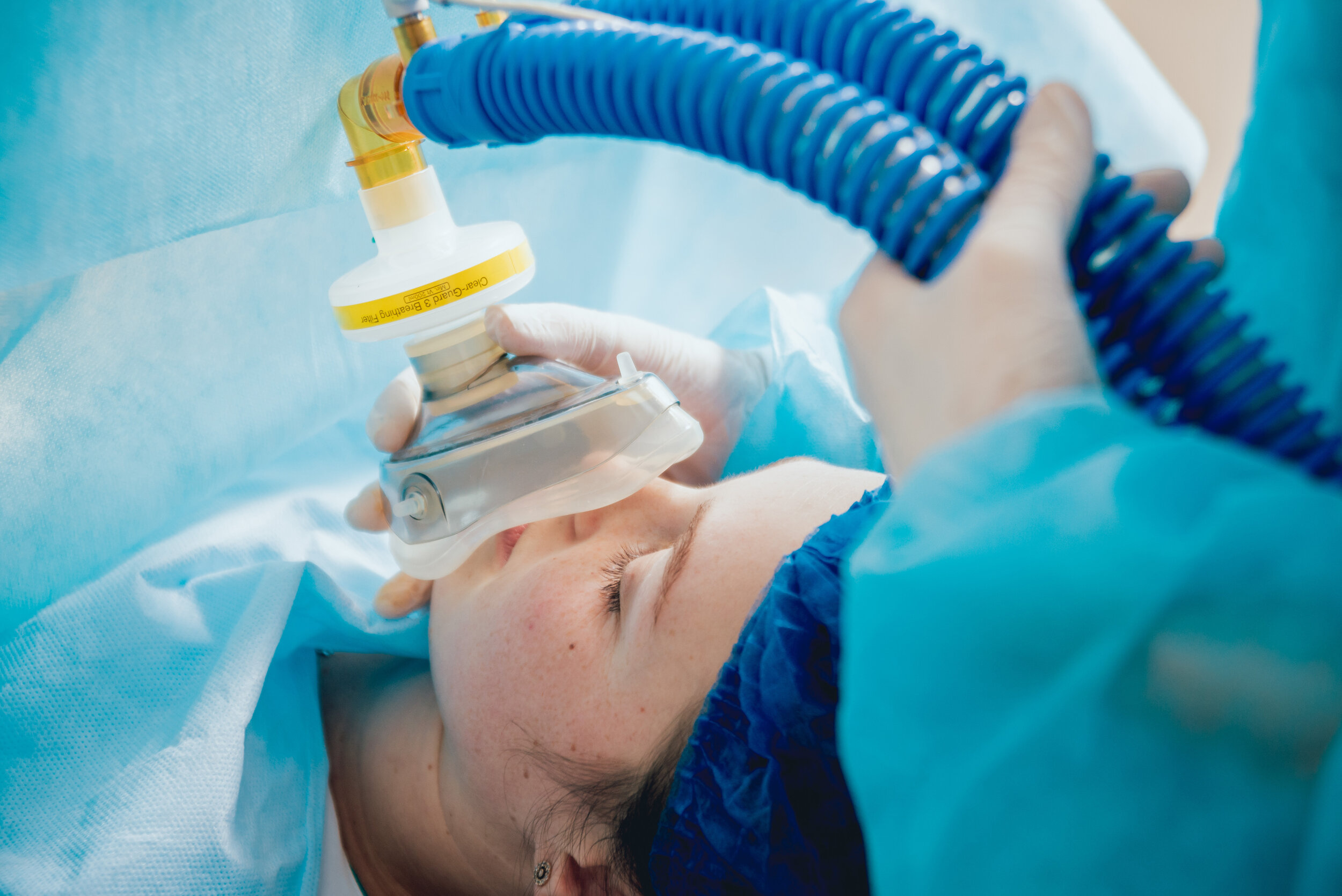
Whether you study bachelor of medicine and surgery Malaysia or not, you may know that in most surgeries, you will be administered with anesthesia prior to a surgical procedure. You know that at the very least, you won’t feel pain from the surgery since you will fall asleep through it.
If you are ever curious of how it will actually feel to be put under anesthetic, then this should give you the gist of it. Big quotes on feel because obviously you will be out of your consciousness, instead you will know what will happen to you while you are asleep.
Procedure
When you are administered anesthesia, you will receive it from an IV line in your arm or hand’s vein. You may also be worn with a mask to breathe in, and soon you will fall into a deep, if temporary, slumber.
Anesthesia works by interrupting nerve signals in your body or brain, the latter which will be prevented from processing the sensation of pain and remembering the surgical procedure. As a result, it feels like a timeskip the moment you wake up and you may remember your last moments before anesthesia.
An anesthesiologist, a nurse anesthetist and other team members will take care of you before, during and after surgery. They are responsible for checking your vitals to make sure that you are still alright during the surgery. This includes but is not limited to breathing, heart rate, blood pressure and temperature.
A doctor might also put a tube into your windpipe inside your mouth so you have plenty of oxygen while you are under surgery. Before doing this, your throat muscles will relax when you are given medicines for that purpose. When surgery is complete, anesthetic medicine will cease and you will later wake up in a recovery room.
You will be advised to not eat or drink anything but water for eight hours after the surgery because your stomach’s muscles will still be relaxed and the food in your stomach could get into your lungs. Also if you are taking medications that can make you bleed like aspirin or blood thinners, you will be advised to avoid doing so for at least a week before surgery.
Is Anesthesia Always Necessary?

What if you only get a little to no anesthesia at all? Does that ever happen? Will you still be put to sleep?
The answer is that you will still get anesthesia, but whether it is local or regional, you will stay awake but your pain is now numbed. Local anesthesia prevents pain in the area around your body part under a surgery, while regional numbs a larger area, like your legs.
Furthermore, you will be treated with these anesthesias when the doctors determine that you don’t need the full blown version because either your surgery is minor or the procedure only affects a small part of your body, like your face or foot.
Otherwise, you will definitely need it when the surgery can take hours, involves major organs or a large part of your body, affects your breathing and you could lose blood in the procedure.



